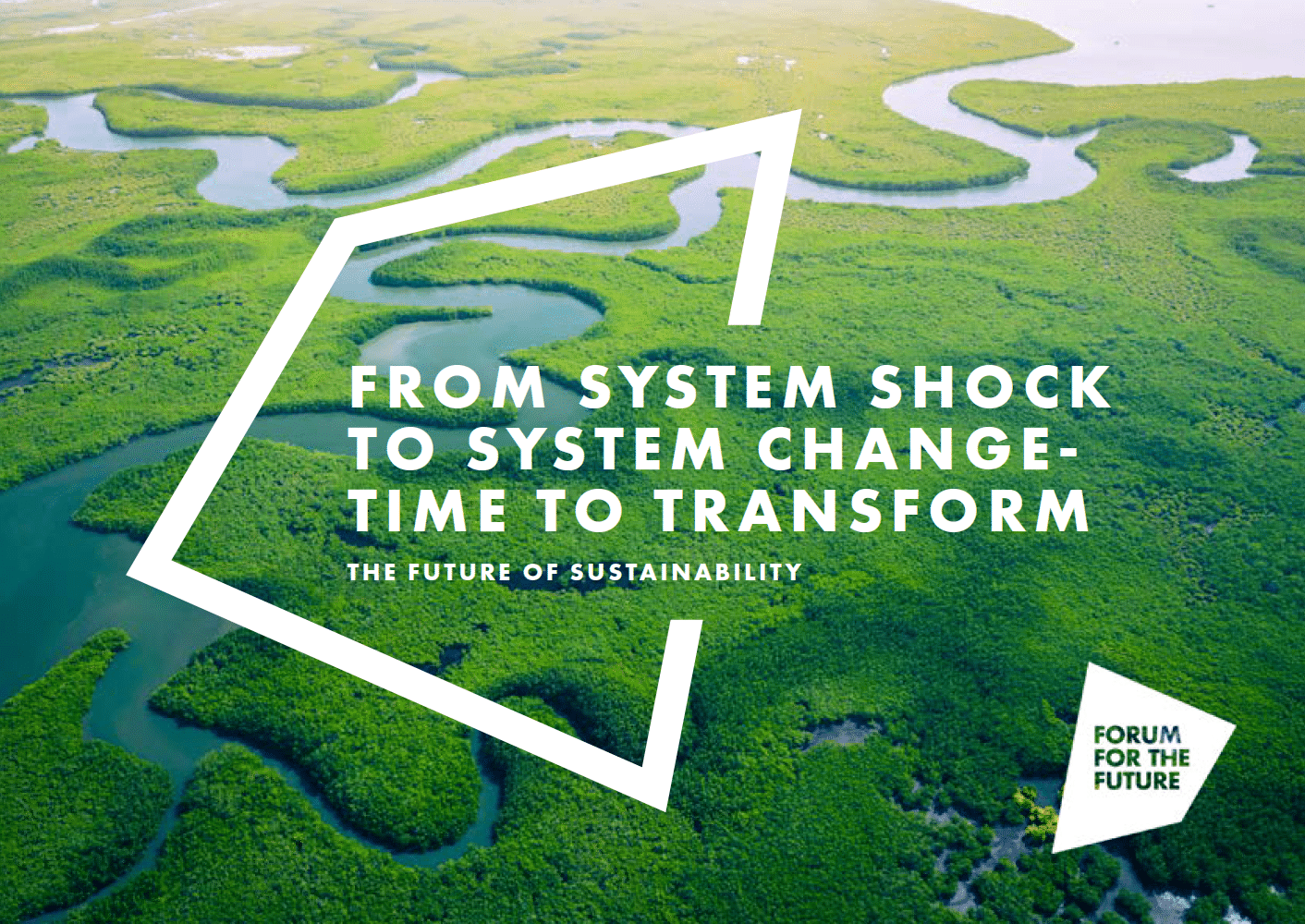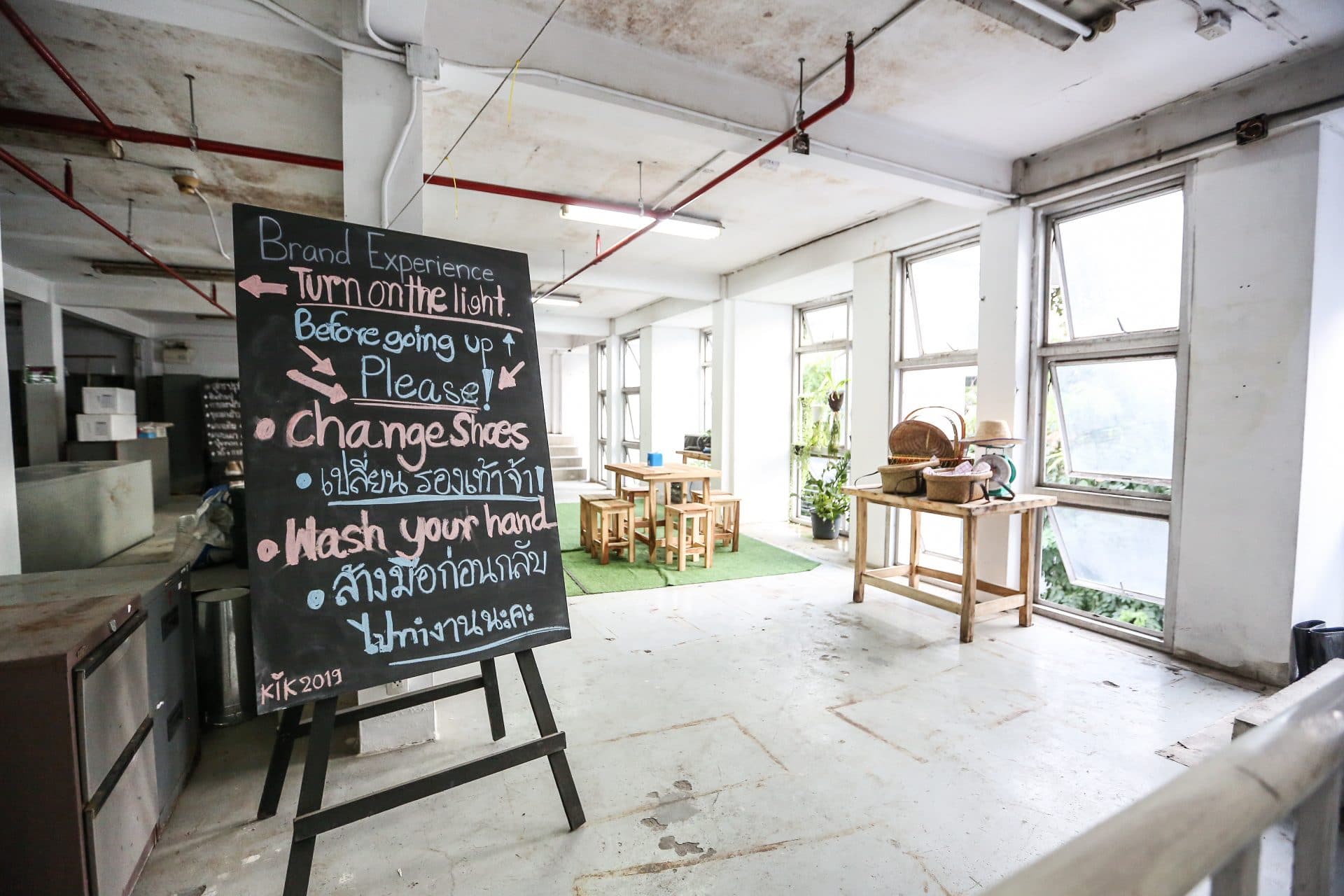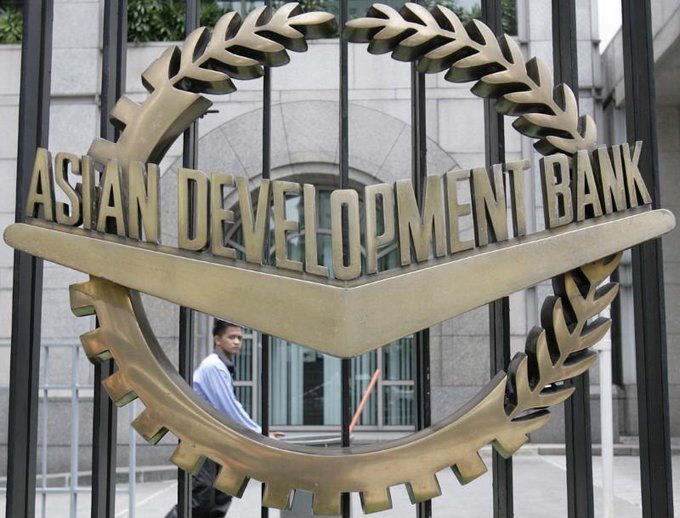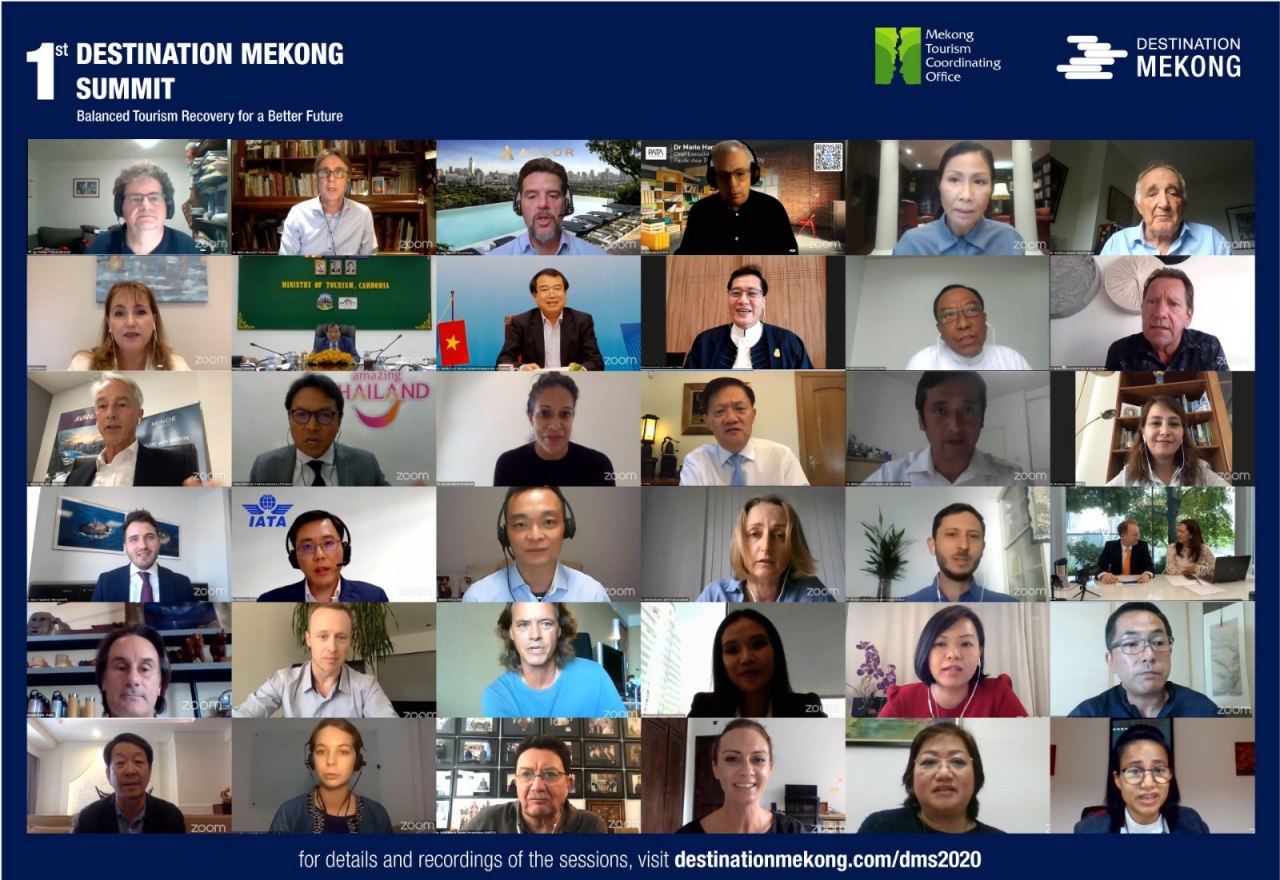In this report, we explore some of the key dynamics that lie at the heart of these transitions. And we ask how we can make active choices now that will transform our future prospects by embedding, at the heart of our strategies and plans, the realisation that a fundamentally different model is needed. A model that puts people’s wellbeing and planetary health first, as the overriding imperatives. Planetary health is not separate to human wellbeing. The two are intricately intertwined. In order to achieve the just, resilient and truly sustainable world we want we advocate a regenerative approach – enhancing the underlying capacity of all individuals, communities and ecosystems, to be healthy, to keep evolving, and fulfilling their potential.
Continue readingHow Marriott International is leading the way in sustainable hospitality
Tired of all the industry lip service to sustainability, Anne Lim-Chaplain travels all the way to Bangkok to check out Marriott International’s hotels, which are truly making a difference.
“I’m so sick of it!” That line from Jo March in Greta Gerwig’s 2019 period drama Little Women is stuck in my head. I’m so sick of the heartbreaking impact of climate change on every living being on Earth. I’m so angry about the uncontrollable bushfires as a consequence of extreme weather conditions that are destroying beautiful lives, creatures and nature. I’m so tired of the damage done to our oceans. I’m so fed up with the injustice, waste and poverty in the world.
We are living through a global environmental crisis, but there is hope. People are demanding change – and businesses must help lead the way. One such organisation is Marriott International, the world’s largest hotel company, with 30 brands in 132 countries, more than 7,000 hotels and some 133 million members. In the Asia-Pacific region alone, it has more than 780 properties. Just imagine the difference this hotel chain can make by using their size and scale as a force for good, and by finding innovative ways to operate more sustainably and responsibly.
And that’s just what it’s doing. In 2017, Marriott International launched its sustainability and social-impact platform – Serve 360: Doing Good in Every Direction. Through Serve 360, the company is committed to serving the local communities where they do business. By 2025, it aims to decrease waste to landfills by 45 percent, cut food waste by 50 percent, and reduce water and carbon intensity by 15 percent and 30 percent, respectively.
“Travellers are increasingly concerned about the impact of tourism on the destinations they visit, so it’s important that we are transparent with our sustainability efforts and how we’re progressing,” says Craig S. Smith, Group President, Marriott International Asia Pacific. “We’ve made some great strides in advancing sustainability in Asia-Pacific over the last two years, and we will continue to positively impact the communities and environments in which we operate.”
Recently, I was able to experience the exceptional hospitality and sustainability initiatives at the Bangkok Marriott Marquis Queen’s Park Hotel. I loved my beautifully appointed suite and all the food-and-beverage outlets were outstanding. More than that, though, I was impressed by the team’s passion and commitment to sustainability efforts in a number of areas, including sourcing responsibly and locally, reducing food waste and serving the community. To reduce food waste,the culinary team, headed by executive chef Michael Hogan and senior executive sous chef Daniel Bucher, launched the “Second Love” concept at Goji Kitchen + Bar, which aims to make use of all those ingredients that would otherwise be sent to landfill. From the moment we arrived at the hotel in an electric Mercedes-Benz, it was a hands-on experience as we made our own Second Love welcome cocktail with pineapple peels.
Pineapple skin contains active yeasts and bacteria, so the chefs ferment it to create a delicious pineapple vinegar. Every week, the team slices 150 kilograms of pineapples, resulting in 85 kilograms of pineapple peel. After four weeks of fermentation and another four weeks of ageing, they produce 50 litres of wonderful pineapple vinegar, which is a key ingredient in the hotel’s signature pineapple and passionfruit gin cocktail.
In the evening, we picked our own herbs from the hotel’s herb garden and collected our own organic eggs. It was a joy to learn how to cook delicious, healthy zero-waste meals with Chef Daniel and Chef Michael.
On average, the Bangkok Marriott Marquis Queen’s Park Hotel contributes 37.5 kilograms of food per day to the Scholars of Sustenance Foundation Thailand (SOS) network, which redistributes meals to those in need in Bangkok. We had the opportunity to visit Father Joe’s Mercy Centre, one of the recipients of the Marriott’s food via SOS, to see first-hand how this relationship not only nourishes the children in this centre, but also provides for the entire family unit as the children bring the food home, too. It’s no wonder that Bangkok Marriott Marquis Queen’s Park Hotel became the first urban five-star hotel in the world to receive the Pledge on Food Waste certification; it continues to work towards the company’s goal to achieve zero-waste to landfill.
Read more: https://hashtaglegend.com/culture/ready-new-view-for-the-new-year-marriott-international/
ADB Supports Thailand’s Green, Social, and Sustainability Bonds for COVID-19 Recovery
The Asian Development Bank (ADB) is assisting the Government of Thailand in designing, issuing, and monitoring innovative capital market initiatives as part of the country’s recovery from the coronavirus disease (COVID-19) pandemic in a manner aligned with the 2015 Paris Agreement and the UN Sustainable Development Goals.
ADB’s technical assistance through the Association of Southeast Asian Nations’ (ASEAN) Catalytic Green Finance Facility (ACGF) includes bond framework development and external reviews to help Thailand’s Ministry of Finance (MOF) and National Housing Authority (NHA) design green, social, and sustainability bonds based on global and ASEAN standards and best practices. ADB is also helping the government develop internal systems to monitor the use of bond proceeds and prepare post-issuance reports. These measures will help lay the groundwork for more green, social, and sustainability bond issuances.
The initiatives include support for Thailand’s first sustainability bond, a first-of-a-kind issuance by a sovereign in Southeast Asia. Issued by MOF’s Public Debt Management Office in two tranches totaling THB30 billion (about $964 million) on 13–14 August, the bond was oversubscribed three times, and its proceeds will be used to finance green infrastructure through the Mass Rapid Transit Orange Line (East) Project. It will also fund social impact projects supporting the country’s recovery from the COVID-19 pandemic, such as public health measures, job creation through small and medium-sized enterprises, and local public infrastructure development with social and environmental benefits.
ADB also supported the NHA’s maiden social bond, which was issued on 23 September in three tranches totaling THB6.8 billion. It is among the first social bonds issued by a state-owned enterprise in Southeast Asia. The bond will finance affordable housing in Thailand and promote sustainable communities. Other green and sustainability bonds are in development.
“We are delighted to support these pioneering initiatives by the Government of Thailand,” said Country Director of ADB Thailand Resident Mission Hideaki Iwasaki. “These social and sustainability bonds will help the country recover from COVID-19 by focusing on long-term, green, and inclusive infrastructure.”
“As countries face an increasing financing gap for climate-resilient infrastructure, especially following the COVID-19 pandemic, it is essential for governments to tap into domestic and global capital markets with green and sustainability bonds,” said ACGF Unit Head Anouj Mehta.
ADB is preparing a new country partnership strategy to support Thailand’s economic recovery with a pipeline of green and climate-resilient infrastructure projects. The strategy will also focus on rebuilding regional cooperation through the Greater Mekong Subregion program and other platforms.
ADB’s Private Sector Operations Department has been supporting green finance development in Thailand. Projects include a THB5 billion purchase of B.Grimm Power Public Company Limited’s initial 5-year and 7-year green bonds in 2018. These were the first certified climate bonds to be issued in Thailand. ADB purchased a THB3 billion tranche within Energy Absolute Public Company Limited’s first green bond issuance of THB10 billion in 2019.
ADB is committed to achieving a prosperous, inclusive, resilient, and sustainable Asia and the Pacific, while sustaining its efforts to eradicate extreme poverty. Established in 1966, it is owned by 68 members—49 from the region.
Virtual Destination Mekong Summit provides actionable insights for travel and tourism industry during COVID-19
PRESS RELEASE
FOR IMMEDIATE DISTRIBUTION
DESTINATION MEKONG SUMMIT
Virtual Destination Mekong Summit provides actionable insights for travel and tourism industry during COVID-19
Session videos now available online to watch for free
Bangkok, September 8, 2020: The 1st Destination Mekong Summit was organized virtually by UNWTO Affiliate Member Strategies as a lead partner of Destination Mekong in partnership with the Mekong Tourism Coordinating Office on 25 August 2020. Nearly 1,500 registered attendees from over 100 countries joined the virtual conference on Zoom with an additional 500 following the live stream on YouTube and the event website.
“With the topic “Balanced Tourism Recovery for a Better Future”, the Summit had the objective to answer burning questions, offer actionable suggestions on how to survive these challenging times, and best prepare for an accelerated recovery.”, explained Mr. Jens Thraenhart, Executive Director of the Mekong Tourism Coordinating Office, and chair of the summit. Speakers from the public and private sectors included Tourism Ministers and CEOs from travel companies, academia, the media, and NGOs, as well as members of the Mekong Tourism Advisory Group (MeTAG).
With a condensed content concept, DMS was structured in twelve short chapters starting with insights about “The Disruption” by Dr. Simon Hudson, from the University of South Carolina, author of the upcoming book “COVID-19 & Travel”. The former Ministers of Tourism of Thailand and Myanmar, H.E. Mr. Weerasak Kowsurat and H.E. Mr. Htay Aung respectively, engaged in a discussion about learnings from past crisis, moderated by Mr. Xu Jing, former Director of Asia Pacific of the World Tourism Organization (UNWTO). This discussion was followed by a panel of senior government officials moderated by Mr. Steven Schipani of the Asian Development Bank, including Dr. Thong Khon, Minister of Tourism of Cambodia, Dr. Sieu Ha Van, Vice Chairman of the Vietnam National Administration of Tourism, and Mr. Sounh Manivong, Director General of the Ministry of Information, Culture, and Tourism of Lao PDR. Learnings about domestic tourism opening in China by representatives from the private sector and the Ministry of Culture and Tourism of PR China, as well as recommendations about communications by Deputy Governor of the Tourism Authority of Thailand, Mr. Tanes Petsuwan and Chief Commercial Officer of Minor Hotels, Mr. Michael Marshall provided action-oriented insights. The following chapters looked into recovery efforts and opportunities for governments, key source markets with a focus on Japan by JTB and China by Dragon Trail, the hotel and aviation sectors as key industry pillars by IATA and STR respectively, and the impact on sustainability moderated by GSTC. Two sessions were conducted in partnership with Horwath HTL and presented key takeaways for businesses.
The final chapters addressed how collaboration can help businesses in the recovery discussing strategies with Accor and Yaana Ventures, as well as a look at the future with Dr. Ian Yeoman, author of “Tourism Futures” from the Victoria University of Wellington.
A summary chapter was lead by Prof. Geoffrey Lipman from The SunX Program with global and regional tourism leaders including H.E. Ms. Gloria Guevera, CEO of the World Travel and Tourism Council (WTTC), H.E. Ms. Kobkarn Wattanavrangkul, former Minister of Tourism and sports of Thailand, H.E. Dr. Taleb Rifai, former Secretary General of the World Tourism Organization (UNWTO), and Dr. Mario Hardy, CEO of the Pacific Asia Travel Association (PATA). The panel debated the need for balanced tourism recovery and the integration of climate change as an existential threat post COVID-19.
The Virtual Destination Mekong Summit was also the launch-pad of the Mekong Memories campaign and Mekong Deals platform, as well as the announcement of the 2020 Experience Mekong Showcases and the 1st Mekong Hero recognition to Ms. Potjana Suansri, founder of the Thailand Community-based Tourism Institute.
The Virtual Destination Mekong Summit was co-emceed by Dr. Jutamas Wisangsing, former chair of PATA Thailand, and Mr. Jens Thraenhart, out of a pop-up studio at co-working space Gaysorn Village in Bangkok, Thailand.
Details of the event, as well as recordings of the sessions, can be found at https://www.destinationmekong.com/dms2020/.
About the Mekong Tourism Coordinating Office:
The Mekong Tourism Coordinating Office (MTCO), located in Bangkok, was set up with funding from the governments of the six Greater Mekong Sub-region (GMS) countries – Cambodia, the People’s Republic of China, Laos, Myanmar, Thailand, and Viet Nam. The MTCO, which operates on annual financial contributions from each GMS country, acts as the secretariat for the GMS Tourism Working Group, comprising of senior officials of the six GMS countries’ National Tourism Organizations, to coordinate and facilitate sustainable tourism development of the GMS, and promotion of the Mekong region as a single travel and tourism destination, in collaboration with the public and private sectors. The MTCO manages its award-winning MekongTourism.org digital platform as a one-stop platform to promote responsible and sustainable tourism in the region, as well as the annual Mekong Tourism Forum, whose hosting is rotated among GMS countries.
Please visit www.MekongTourism.org for more information.
About Destination Mekong:
Destination Mekong was created in 2017 to promote the Lancang-Mekong region, comprising of Cambodia, PR China (Provinces of Guangxi and Yunnan), Lao PDR, Myanmar, Thailand and Viet Nam as a single tourism destination to stimulate responsible and sustainable development and investment, and drive inclusive growth. Endorsed by the Mekong Tourism Coordinating Office and aligned with the mandate of the regional collaborative tourism framework of the six-member governments of the Greater Mekong Sub-region, Destination Mekong executes targeted projects and initiatives, including Mekong Moments, Mekong Mini Movie Festival, Mekong Innovative Startups in Tourism (MIST), Experience Mekong Collection, Mekong Heroes, and Mekong Trends, with feedback from the Mekong Tourism Advisory Group (MeTAG) and via public-private partnership investment structure, led by UNWTO Affiliate Member Chameleon Strategies.
More information at: www.DestinationMekong.com
